Smart Villages was awarded this InnovateUK Energy Catalyst round 10 project in a consortium with our Ugandan and South Sudanese partner, ApTech Africa ltd.
Project Overview
This is a combined Electrical Storage System (ESS) and Solar Water Pumping project. It will supply 24/7 power and water to a hospital and 2 school in South Sudan. We are combining the service to the institution with community based water kiosks, so that the earnings from water sales will help pay for system upkeep and cover lifetime replacement costs.
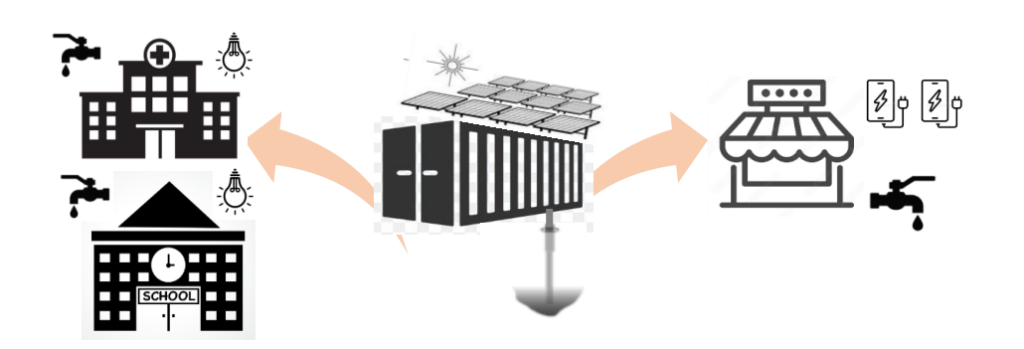
The innovation of this project is to test the combination of different existing technologies to provide services with excellent social returns, and with a sustainable finance model included.
- Installing solar energy systems means schools and hospitals have uninterrupted daily energy; sufficient ESS capacity ensures 24/7 availability.
- Solar powered water pumping, with ESS backup, provides clean water 24/7, from multiple access points, supplying the local community as well as the schools and hospitals in this project.
- The erratic costs of running and maintaining diesel generators are eliminated by the minimal maintenance requirements, and these costs are covered by income from sales of water.

The project will be delivered in South Sudan, where hubs like this could be transformative, because of the implementation challenges in regular service infrastructure posed from recent socio-political contexts. This technology will be a model for hardest-to-reach countries and locations. Aptech has a strong presence in South Sudan, and is one of the few companies that has the capacity to implement this project in partnership with SVRG.
South Sudan has been devastated by war and disease. Access to clean energy and water is critical to the improvement of educational and medical services within South Sudan, where fewer than 50% of people have access to water resulting in low life expectancy and very high infant mortality rates. Access to electricity and water in institutions in South Sudan is under 20%. Even where available, grid power is frequently disrupted by load shedding and power outages of at least 8 hours.
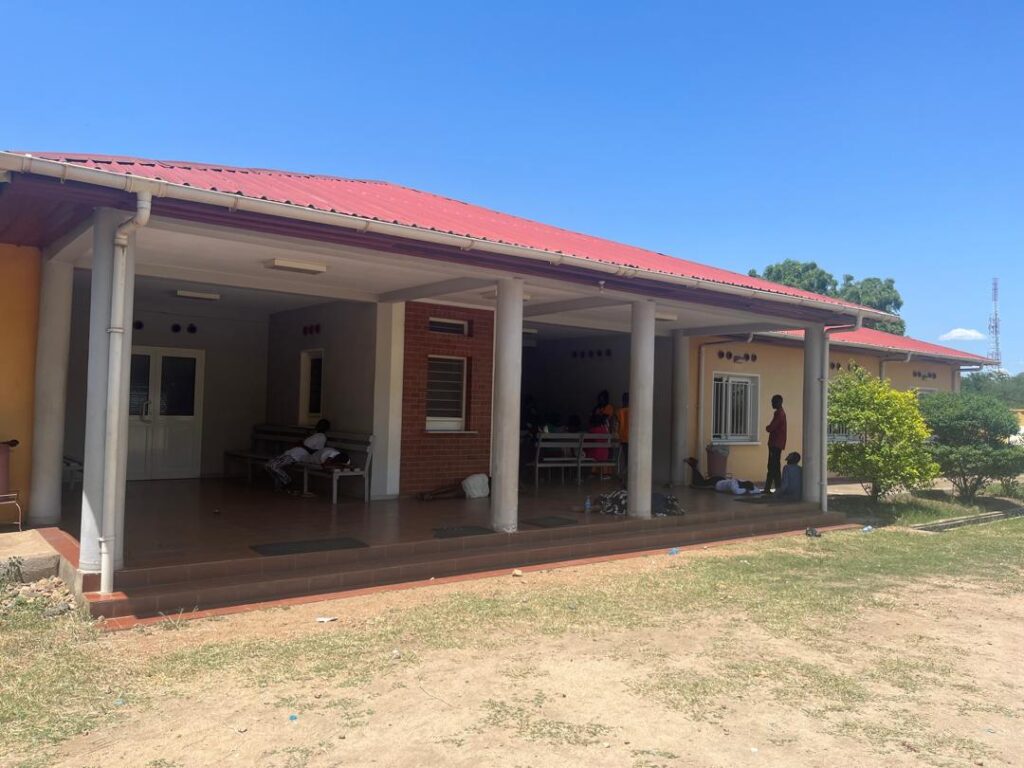

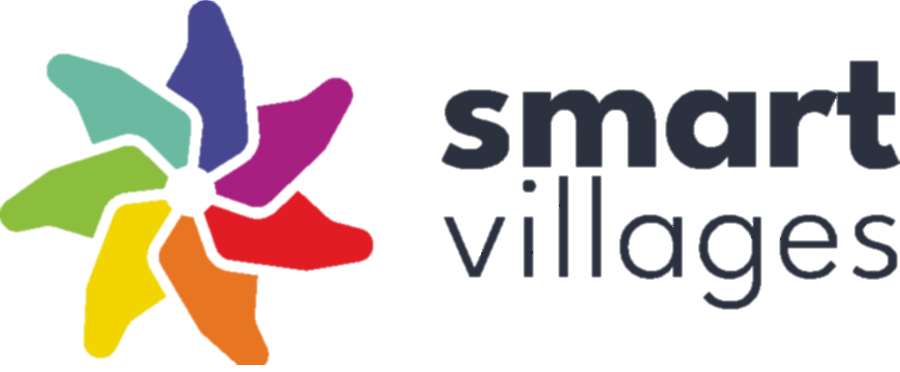

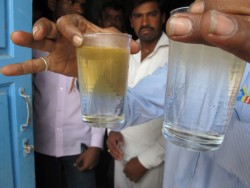
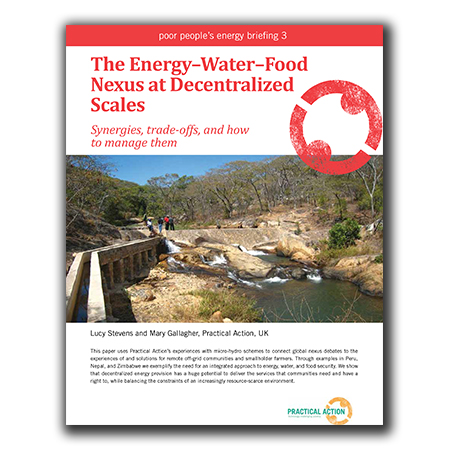
![[:en]Smart Villages | New thinking for off-grid communities worldwide[:es]Una nueva manera de pensar para comunidades sin conexión a la red a nivel mundial Smart[:fr]De nouvelles initiatives pour les populations hors réseau du monde entier[:]](https://e4sv.org/wp-content/uploads/2015/07/Smart-Villages-New-Thinking-for-Off-grid-Comunities-Worldwide.jpg)



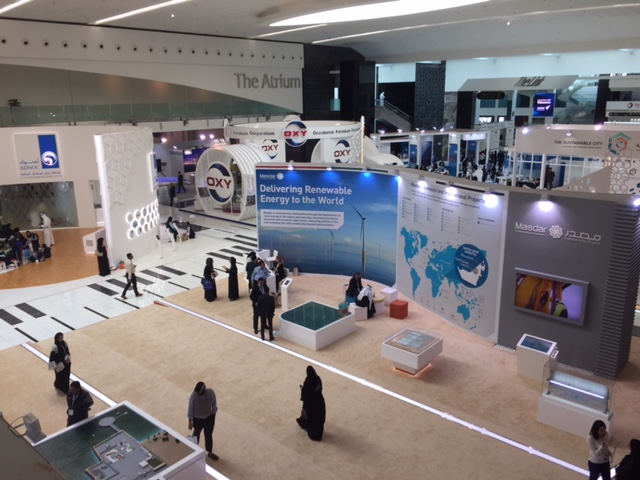
![[:en]New report claims off-grid smart villages can deliver sustainable path to rural development[:]](https://e4sv.org/wp-content/uploads/2016/05/PR10-New-report-claims-off-grid-Smart-Villages-can-deliver-sustainable-path-to-rural-development-1.jpg)